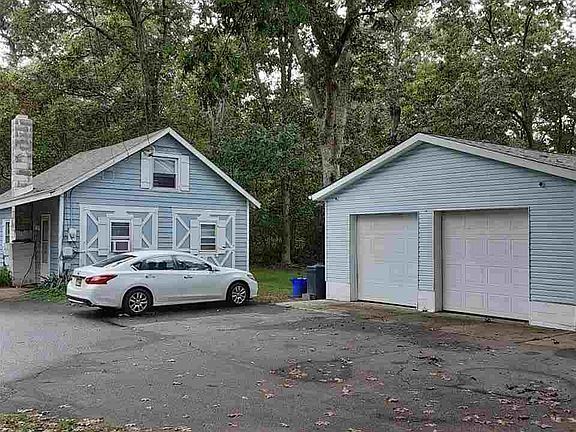

One service that aims to help with this is, which publishes information on officially reported DUI checkpoints in several states throughout the country. However, while information regarding upcoming DUI roadblocks is available to the public, it can be quite difficult to find. DUI / DWI Checkpoint Locations in New Jersey On average, for every 1000 cars stopped in a roadblock, less than 1/2 of 1% are arrested for DWI. When assessing the degree of effectiveness of the procedure, there is no question that roadblocks are not cost effective. The police agency must detail the availability of less intrusive methods for addressing the problem, such as roving DWI patrols. The date, location and time of DUI checkpoints must be published by the police agency for the public to be aware of, prior to carrying out the checkpoint. They must submit data justifying the roadblock site selection, detailing prior DWI arrests at that location, accidents and fatalities involving DWI at that location, and any other reasons for administering the roadblock at this particular site on this particular date. Police departments must get approval from the county prosecutor’s office to conduct a roadblock. Roadblocks, however, cannot be randomly set up by police officers.

Regardless of one’s position on the constitutionality of sobriety checkpoints, American citizens are randomly stopped at DUI checkpoints throughout the country. Advanced Notice of NJ Sobriety Checkpoints Sitz, where the US Supreme Court carved out an exception to the Constitution, and allowed the use of sobriety checkpoints. The legality of DUI checkpoints went all the way to the Supreme Court in 1990, in Michigan Dept. On the other hand, advocates of DUI checkpoints argue that they are important in deterring citizens from driving under the influence, and catching those who do.

Additionally, opponents of roadside checkpoints argue that these checkpoints are often a waste of law enforcement resources which could be used more effectively on other efforts. Constitution, which states that citizens should not be subject to unreasonable searches and seizures. Sobriety checkpoints are a violation of the Fourth Amendment of the U.S. The legality of DUI checkpoints is a controversial topic which often sparks serious debate in America.


 0 kommentar(er)
0 kommentar(er)
